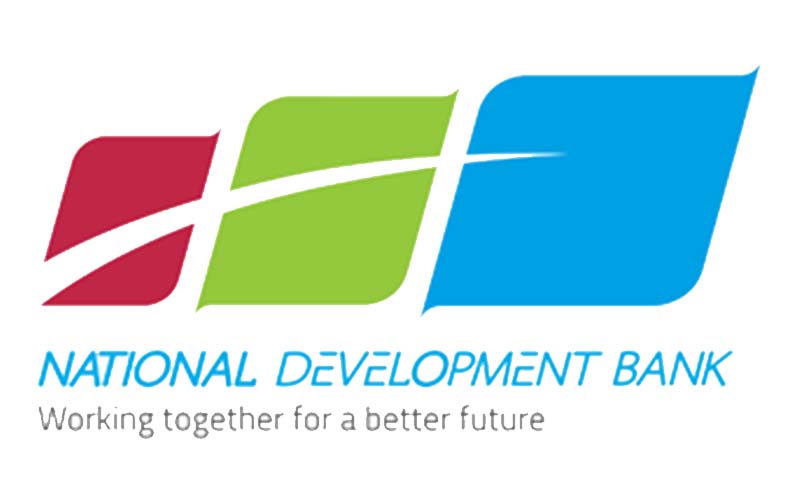Ongoing Credit Risk Management Manager at NATIONAL DEVELOPMENT BANK
ROLE ACTIVITIES
1. Credit Application Evaluation
– Oversees the evaluation of credit applications for Debt restructures/rehabilitation and workouts ensuring that decisions are made based on sound financial analysis and risk assessment.
– Implement and enforce credit policies, guidelines, and underwriting standards.
– Ensure that all credit applications meet internal risk parameters and comply with regulatory requirements.
2. Portfolio Risk Monitoring and Analysis
– Oversee the ongoing assessment of the credit portfolio, identifying trends and early warning signals of credit deterioration.
– Regularly review exposure to high-risk sectors, clients, and geographical regions.
– Monitor the institution’s credit exposure against set credit limits and regulatory requirements.
3. Identify Early Warning Triggers (EWS)
– Design and implement effective early warning processes to detect potential credit issues before they materialize into defaults.
– Regularly update and refine the EWS indicators based on market conditions and portfolio performance.
4. Credit Risk Reporting
– Lead the preparation and presentation of comprehensive risk reports to senior management, Debt Restructure committees, and the board.
5. Problem Loan Management
– Work closely with Sales Functions /Business Bankers, Business Development Managers to manage problem loans and implement recovery strategies.
– Escalate high-risk exposures for immediate management action and recommend loan restructuring or write-offs as needed.
6. Credit Policy and Compliance:
– Ensure that all credit decisions and exposures are in compliance with internal policies and external regulatory standards.
– Lead periodic reviews of ORM policy and procedures, ensuring they align with the institution’s risk appetite and market conditions.
7. Stakeholder Collaboration:
– Liaise with business units, risk management, audit, and finance teams to ensure alignment of credit risk strategies.
– Provide guidance and training to credit officers and other relevant staff on ongoing credit risk management practices.
QUALIFICATIONS & EXPERIENCE
- Bachelor’s degree in finance, accounting, economics, or a related field. A master’s degree or MBA is advantageous;
- In-depth knowledge of credit risk regulation;
- (IFRS 9) and credit risk management frameworks;
- Certifications in credit risk management, financial analysis, or risk management;
- At least 7 years of experience in credit risk management, with a focus on ongoing monitoring and portfolio management;
- Extensive experience in managing a team and working in a regulated financial institution environment;
- Proven track record in early identification of credit risks and successful management of problem loans;
- Agric Lending is an added advantage
Closing date: 31 December 2024





